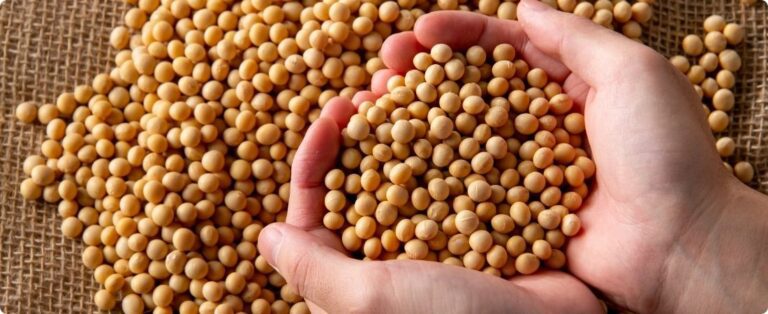
Image: Pixabay
Researchers at Skoltech and their colleagues at the University of Southern California performed a genetic analysis of a Russian sunflower collection and identified genetic markers that can help predict the fatty acid composition of the oil. The research was published in BMC Genomics.
{module Form RD}
Genomic selection, which helps quickly create new crop varieties, has been a hotly debated topic around the world over the past 10 years. DNA sequencing and extensive genotyping have been applied to obtain genetic profiles of crops. When analyzed and compared with field data, these profiles help identify genetic markers for traits of interest to agriculture and predict the properties and value of a crop based solely on its genetic profile.
“Our work is the first large-scale study of the Russian sunflower gene pool and one of the first attempts to create new varieties through genomic selection. Predicting what a plant will look like before planting it, an idea that until recently seemed completely unrealistic, has become commonplace in many countries thanks to advances in technology. Classical agriculture can hardly cope with the challenges posed by global climate change, increasing human needs and evolving food quality requirements. To begin with, we must turn to genetics”, says Alina Chernova, Ph.D. at Skoltech. and main author of the study.
The team analyzed species from two large Russian sunflower gene banks and the Agroplasma collection. The genetic analysis covered 601 cultivated sunflower lines to compare genetic diversity with the global collection and compare the results with chemical tests of the oil obtained from these lines. Bioinformatics analysis revealed genetic markers that could help control the fatty acid content of the oil.
By: Leonardo Gottems | agrolink










